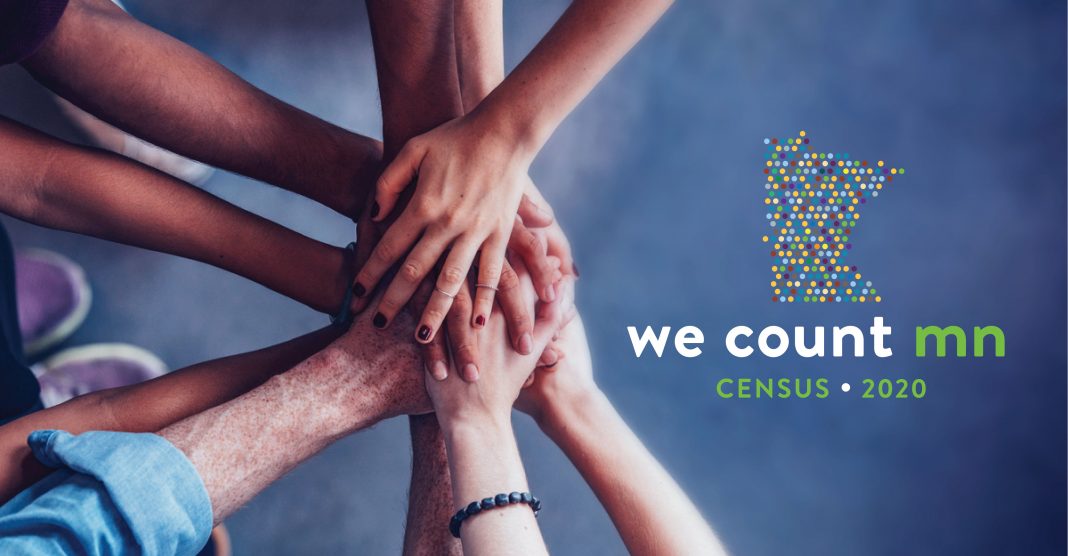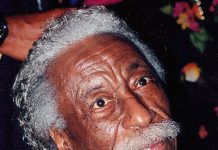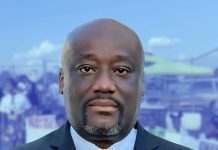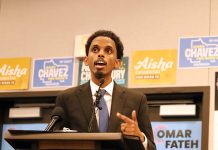
Today April 1 is Census Day and state and local government officials have been using the weeks leading up to it to encourage all residents to participate in the national 2020 census.
The once a decade opportunity makes it imperative that every Minnesotan, whether a citizen or not, even if undocumented is counted, said Brooklyn Park Community Liaison Brenda Morales during a Kenyan community meeting recently before the COVID-19 crisis. The city is home to a large concentration of African immigrants especially Liberians, Nigerians and Kenyans. Morales said her city is home to many historically under counted populations like African immigrants.
Participation helps ensure the state and communities such as Brooklyn Park receive the appropriate amount of federal funding and grants to help support schools, public safety resources, infrastructure resources, and more. An undercount of even just one person means Brooklyn Park loses $28,000 in funding for each person, said Morales.
Most Minnesotans should have already received their census form in the mail, and for those who haven’t already completed and returned it, today is a great day to do so, according to email and social media messages officials have been sending.
Minnesota Governor Tim Walz for example tweeted this morning “It’s #CensusDay, Minnesota! Don’t let social distancing guidelines keep you from being counted. I encourage you to take 5 minutes today to complete your Census form by phone, online, or by mail. Let’s make sure every single Minnesotan is counted.”
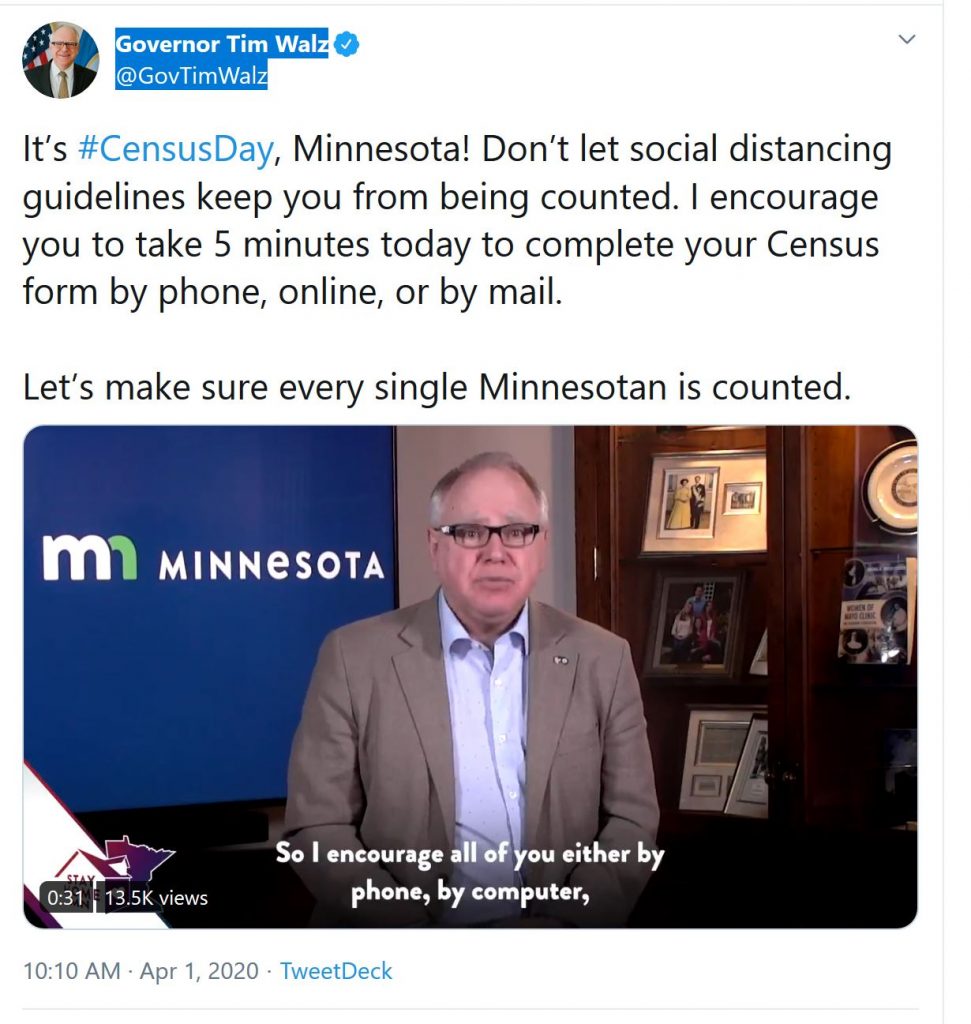 Rep. Mohamud Noor, the only elected black male in the Minnesota House of Representatives, took to Facebook to encourage participation “Happy Census Day 2020! Please fill the statistics https://my2020census.gov/,” he said.
Rep. Mohamud Noor, the only elected black male in the Minnesota House of Representatives, took to Facebook to encourage participation “Happy Census Day 2020! Please fill the statistics https://my2020census.gov/,” he said.
April 1 is known as Census Day because it’s the day residents should reference, according to the US Census, when providing information about who lives in their home.
Information provided in the census, including residency status (documented or undocumented), is confidential and protected by federal law. This information can only be used to produce statistics, and cannot be shared with law enforcement or immigration enforcement agencies, or to determine eligibility for government benefits.
Why the census matters:
- Results of the census are used to reapportion the House of Representatives, determining how many seats each state gets. In the last 2010 census, Minnesota came close to losing a seat, something many leaders in Minnesota is very eager to avoid.
- The emerging class of African elected officials in state and local governments makes it imperative that areas with many African immigrants get full participation in this year’s census , as census data is used for redistricting efforts, ensuring populations have appropriate state and local representation.
- Census data determines how more than $675 billion in federal funds are spent and apportioned to states, counties and communities.
- Local governments like Brooklyn Park and Brooklyn Center use census data to ensure public safety and plan for new schools and hospitals.
- Businesses may use census data to determine where to build stores, offices and other operations that create jobs in communities.
Complete the Census 2020 Online to avoid a visit from census staff:
For the first time in Census Bureau history, the census can be completed online, as well as by mail or phone. To respond online, you will need the materials each household should have already received in the mail. If you do not have or did not receive these materials, call 1-800-354-7271 to get a user ID.
As early as May, depending on the COVID-19 situation, census takers may start going door to obtain responses from those who have not completed the census. The census only asks questions about your residence, age, sex and the number of people who live with you.
Note: Census documents and census takers will never ask for Social Security numbers, bank or credit card numbers, money or donations, or anything related to political parties.
For more information, visit 2020census.gov.
About Tom Gitaa Gitaa, Editor-in-Chief
Born and raised in Kenya's coastal city of Mombasa, Tom is the Founder, Editor-in-Chief and Publisher of Mshale which has been reporting on the news and culture of African immigrants in the United States since 1995. He has a BA in Business from Metro State University and a Public Leadership Credential from Harvard’s Kennedy School of Government. He was the original host of Talking Drum, the signature current affairs show on the African Broadcasting Network (ABN-America), which was available nationwide in the United States via the Dish Network satellite service. On the show, he interviewed Nobel laureates such as 2004 Nobel Peace prize winner, Professor Wangari Maathai, the first woman from Africa to win the peace prize and heads of states. Tom has served and chaired various boards including Global Minnesota (formerly Minnesota International Center), the sixth largest World Affairs Council in the United States. He has previously served as the first Black President of the Board of Directors at Books for Africa. He also serves on the boards of New Vision Foundation and the Minnesota Multicultural Media Consortium. He has previously served two terms on the board of the United Nations Association. An avid runner, he retired from running full marathons after turning 50 and now only focuses on training for half marathons.
- Web |
- More Posts(455)

